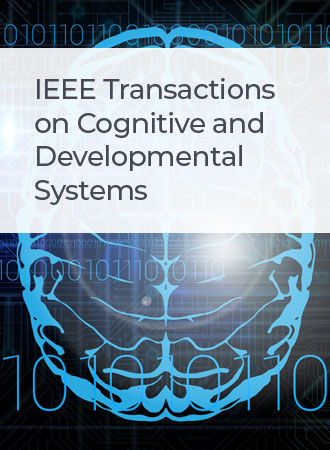MAT:用于通用形态学策略学习的形态学自适应变换器
IF 5
3区 计算机科学
Q1 COMPUTER SCIENCE, ARTIFICIAL INTELLIGENCE
IEEE Transactions on Cognitive and Developmental Systems
Pub Date : 2024-04-01
DOI:10.1109/TCDS.2024.3383158
引用次数: 0
摘要
与代理无关的强化学习旨在学习一种通用控制策略,该策略可同时控制一组具有不同形态的机器人。最近的研究表明,使用变压器模型可以解决不同形态引起的状态和行动空间的变化,而形态信息是提高策略性能的必要条件。然而,现有方法在利用形态信息方面存在局限性,无法保证观测整合的合理性。我们提出了形态自适应变换器(MAT),这是一种基于变换器的通用控制算法,无需任何修改即可适应各种形态。MAT 包括两个基本组成部分:功能位置编码(FPE)和形态注意机制(MAM)。FPE 为肢体观察提供稳健一致的位置先验信息,以避免肢体混淆,并隐含地获得肢体的功能描述。MAM 增强了肢体的属性先验信息,提高了观察之间的相关性,并使政策关注更多的肢体。我们将观察结果与先验信息相结合,帮助策略适应机器人的形态,从而优化其在未知形态下的性能。在 Gym MuJoCo 环境中进行的与代理无关的任务实验表明,我们的算法可以为每个肢体分配更合理的形态先验信息,而且我们算法的性能与之前最先进的算法相当,并具有更好的泛化能力。本文章由计算机程序翻译,如有差异,请以英文原文为准。
MAT: Morphological Adaptive Transformer for Universal Morphology Policy Learning
Agent-agnostic reinforcement learning aims to learn a universal control policy that can simultaneously control a set of robots with different morphologies. Recent studies have suggested that using the transformer model can address variations in state and action spaces caused by different morphologies, and morphology information is necessary to improve policy performance. However, existing methods have limitations in exploiting morphological information, where the rationality of observation integration cannot be guaranteed. We propose morphological adaptive transformer (MAT), a transformer-based universal control algorithm that can adapt to various morphologies without any modifications. MAT includes two essential components: functional position encoding (FPE) and morphological attention mechanism (MAM). The FPE provides robust and consistent positional prior information for limb observation to avoid limb confusion and implicitly obtain functional descriptions of limbs. The MAM enhances the attribute prior information of limbs, improves the correlation between observations, and makes the policy pay attention to more limbs. We combine observation with prior information to help policy adapt to the morphology of robots, thereby optimizing its performance with unknown morphologies. Experiments on agent-agnostic tasks in Gym MuJoCo environment demonstrate that our algorithm can assign more reasonable morphological prior information to each limb, and the performance of our algorithm is comparable to the prior state-of-the-art algorithm with better generalization.
求助全文
通过发布文献求助,成功后即可免费获取论文全文。
去求助
来源期刊

IEEE Transactions on Cognitive and Developmental Systems
Computer Science-Software
CiteScore
7.20
自引率
10.00%
发文量
170
期刊介绍:
The IEEE Transactions on Cognitive and Developmental Systems (TCDS) focuses on advances in the study of development and cognition in natural (humans, animals) and artificial (robots, agents) systems. It welcomes contributions from multiple related disciplines including cognitive systems, cognitive robotics, developmental and epigenetic robotics, autonomous and evolutionary robotics, social structures, multi-agent and artificial life systems, computational neuroscience, and developmental psychology. Articles on theoretical, computational, application-oriented, and experimental studies as well as reviews in these areas are considered.
 求助内容:
求助内容: 应助结果提醒方式:
应助结果提醒方式:


